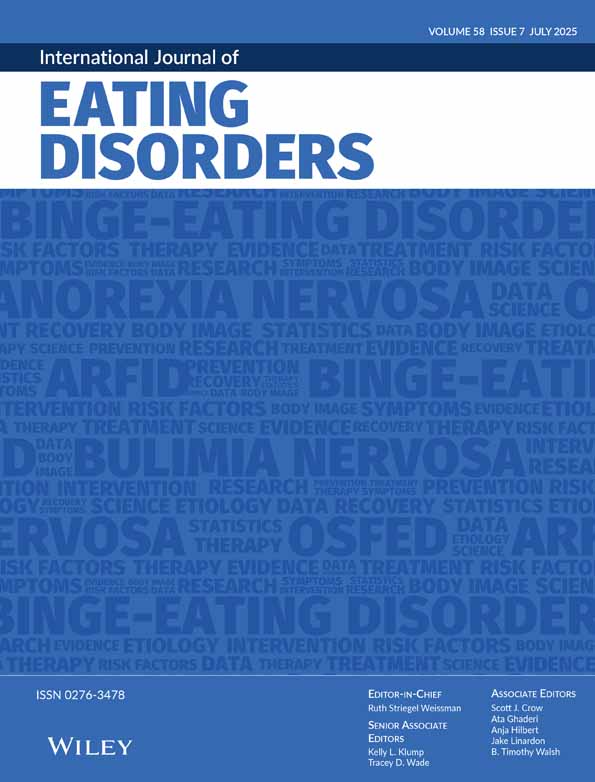Do preschool children understand what it means to “diet,” and do they do it?
Abstract
Objective
The current study determined what preschool children understand about dieting and the extent to which they report engaging in dieting behaviors.
Method
Forty-two children (mean age = 5.2 years) were interviewed about their understanding of the word “diet” and about food restraint behaviors. Children's height and weight were recorded.
Results
Only 17% of the children provided an accurate definition of the word diet (i.e., an answer having to do with the foods a person eats). None of the children mentioned weight loss in their definition. Children reported occasional use of restraint behaviors. Girls and heavier children reported more use of restraint.
Discussion
Children did not have a clear understanding of the word diet. Thus, the use of the word diet should be avoided when assessing eating behaviors in preschool children. Individual differences in reported dieting behaviors were in the expected directions, suggesting validity in these reports and early emerging social pressures to diet. © 2005 by Wiley Periodicals, Inc.




